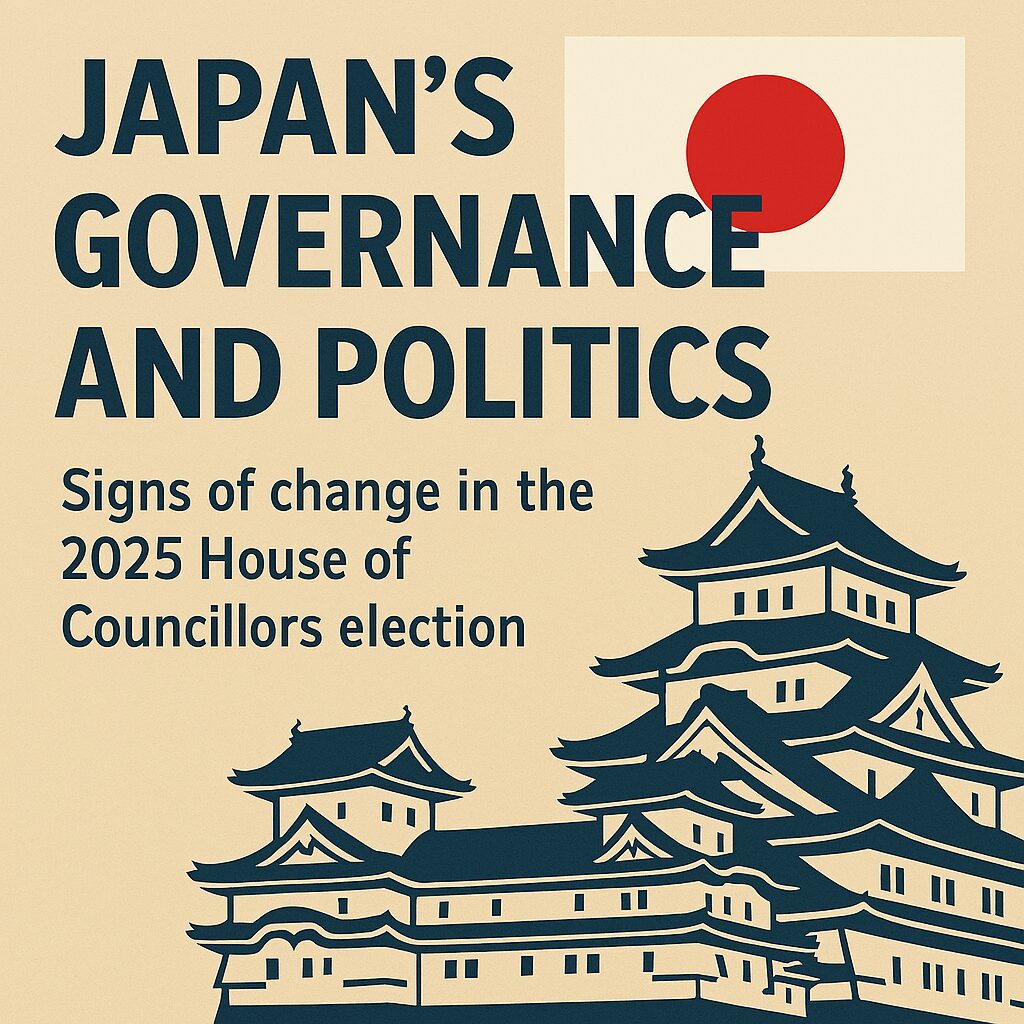- Introduction: What Does It Mean to Govern?
- The Philosophy of Ōmitakara: A Relationship of Compassion
- Modern Governance: Constitutional Framework and Parliamentary Leadership
- The 2025 Election Results: A Landmark Shift in Public Sentiment
- Governance Challenges: Can the Ideal of Treasuring the People Be Realized?
- The Road Ahead: Civic Participation and Decentralized Leadership
- Conclusion: Rediscovering Japan as a Nation of Treasured People
Introduction: What Does It Mean to Govern?
To govern is not merely to wield political authority. In Japan, the concept of ruling has long been intertwined with bringing peace and wellbeing to the people. At its spiritual core lies the idea of Ōmitakara, which regards the people as the Emperor’s great treasure.
The phrase stems from Japan’s earliest records, such as the Nihon Shoki and Kojiki, where Emperor Jimmu declared that the nation should be governed with care for its Ōmitakara—the people. This principle has served as the moral compass behind Japanese governance for centuries.
The Philosophy of Ōmitakara: A Relationship of Compassion
Ōmitakara isn’t simply a poetic phrase—it reflects a unique Japanese philosophy in which the people are not objects to be ruled, but treasures to be protected.
- Emperor Nintoku famously observed that no cooking smoke rose from the people’s hearths, and for six years exempted taxes until his subjects recovered.
- The Emperor’s governance was described as shirasu—to know and care for the people—rather than ushihaku, to rule through domination.
This contrast shows how Japanese imperial tradition emphasized mutual trust and reverence, and that governance was rooted in spiritual connection—not control.
Modern Governance: Constitutional Framework and Parliamentary Leadership
Today’s Japan operates under a post-war constitution that defines governance through separation of powers and a parliamentary cabinet system. Legislative power resides with the Diet, administrative authority with the Cabinet, and judicial power with the courts.
But within this framework, how much of the Ōmitakara spirit remains? The 2025 House of Councillors election offers insight into this question, reflecting shifting attitudes and a call for deeper civic consideration.
The 2025 Election Results: A Landmark Shift in Public Sentiment
On July 20, 2025, Japan held its House of Councillors election. The ruling coalition—Liberal Democratic Party with 39 seats and Komeito with 8—failed to secure a majority in the chamber, for the first time since the LDP’s founding in 1955. This marks a historic turning point in postwar politics.
Meanwhile, Democratic Party for the People surged to 17 seats, and Sanseitō gained 14 seats, reflecting a hunger for new voices that respond directly to daily struggles and frustrations with traditional political norms.
- Voter turnout increased to approximately 58%, a rise from the previous election.
- Early voting hit record highs, signaling stronger civic engagement.
This election is not just about numbers—it’s a public reckoning with the existing system and a renewed assertion of the people’s will.
Governance Challenges: Can the Ideal of Treasuring the People Be Realized?
Modern politics often prioritizes economic competition and regulatory efficiency. But issues like depopulation, rural decline, education disparities, and welfare gaps have alienated citizens from their leaders.
To revive the Ōmitakara ideal, governance must place people’s dignity and wellbeing at its heart. This is not merely about policy—it’s about rebuilding a community-based national ethos, where every citizen has a role, a voice, and a sense of belonging.
The Road Ahead: Civic Participation and Decentralized Leadership
Japan’s future governance may pivot toward deeper citizen engagement and regional empowerment:
- Strengthening local autonomy, allowing communities to shape their policies.
- Citizen-led policymaking, encouraging public input in national direction.
- Cultural governance, balancing economic goals with values rooted in compassion and respect.
These pathways represent a 21st-century embodiment of the Ōmitakara principle, where governance becomes human-centered and spiritually grounded, not just strategically efficient.
Conclusion: Rediscovering Japan as a Nation of Treasured People
Japan, home to the world’s oldest royal lineage, has a governance tradition not just built on law—but on heart, heritage, and humility. The term Ōmitakara expresses a vision where leadership protects rather than rules, cherishes rather than commands.
The 2025 election may be remembered as a moment when the people—seen again as treasures—raised their voices for change. To truly fulfill this ideal, Japan must not only reform its institutions, but restore its spiritual contract with the people, anchoring modern governance in ancient wisdom.



コメント